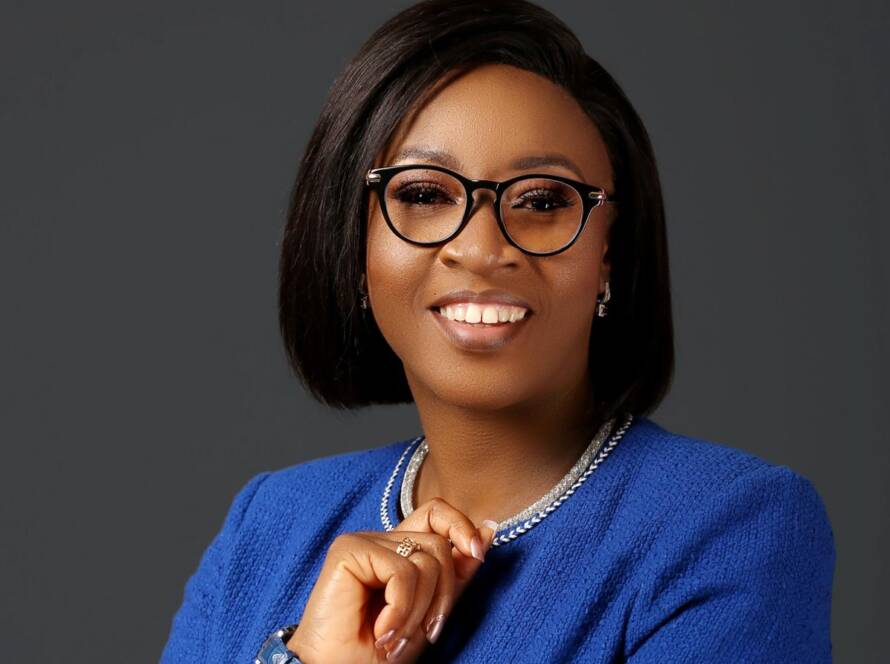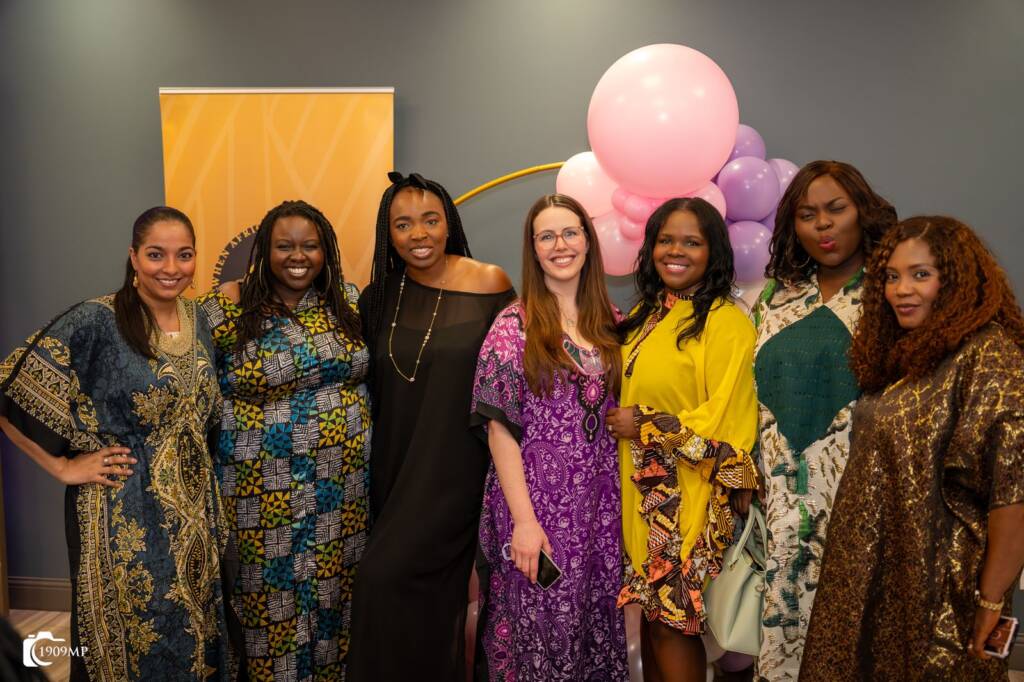Freedom is a fundamental human right, yet many fight for it daily. In Uganda, being a 2SLGBTIQ+ person is illegal. Existing openly means facing humiliation, arrests, and violence. One night, the police stormed an underground gay bar and started shooting. I was shot. To this day, I still carry bullet fragments in my body.
The violence didn’t just come from the state. It came from my own family. When they discovered my sexual orientation and gender identity, they called me evil and disowned me. As a child, I was beaten for playing soccer, dressing like a boy, and refusing to conform.
Advocacy became my life but not by choice. Fighting for 2SLGBTIQ+ rights is about survival, ensuring no one else has to endure what I went through. The goal is simple. Create a world where everyone is free to live and be accepted as they are.
The Power of Storytelling
Many of our ancestors never had the chance to tell their stories. Sharing mine is an act of resistance, a way to honour those who came before. It brings about healing. If you don’t tell your story, someone else will tell it for you.
Through music, documentary filmmaking, and public speaking, I have used my story to amplify the experiences of Black transgender people. My films; A Long Road to Peace and Unpacking Black Trans Legacy are being used in institutions as educational tools, helping shift narratives within African and immigrant communities.
Storytelling is deeply rooted in our heritage. Our forefathers and foremothers passed down knowledge through oral traditions. Today, I continue that legacy, using my voice to challenge discrimination and inspire change.
Navigating Multiple Identities
People often try to reduce me to my gender identity, but I am more than that. I am a brother, a friend, a lover, a life coach, a musician, a documentary filmmaker, a graduate professional counsellor, and the founder of RaricaNow, a community organization supporting those in need.
Even within Black communities, transphobia exists. I recall an incident where a Black community leader in Alberta refused to be photographed with me, afraid his board would disapprove. These moments are painful reminders that much still needs to be done.
Creating safe spaces for my community has been quite challenging. Those in positions of power often do not believe in our ability to lead. Funding is scarce, and many Black trans advocates are overlooked. Yet, the rejection has fueled my strength and determination to create spaces where all people are safe and valued.
Building Safe Spaces
A safe space is one where people’s access to resources is not dependent on their sexual orientation. It is a place free from fear, where individuals can be their authentic selves without judgment.
In my work, I approach every person with unconditional positive regard, respecting their dignity and experiences. Safe spaces must be intentional. They must be built with care, maintained with consistency, and protected fiercely.
The Impact of Community
EWAKA Housing was birthed from personal experience and the needs of my community. It provides a home for Black transgender and 2SLGBTIQ+ refugees, people who fled countries where simply existing was illegal. Many arrive in Canada after surviving extreme violence and rejection. I created this space because I know what it means to be without one.
Through RaricaNow, we have helped over 50 Black transgender individuals avoid eviction. We have provided emergency shelter for those in crisis, including individuals who attempted suicide. I have personally opened my home to those with nowhere else to go, housing some for over a year. Though work gets hectic, those precious moments when someone says, “Because of you, I am still here.” keep me going. That is why I will never stop fighting for my community.
Advocating for Policy Change
Change cannot happen without policy shifts. Healthcare, employment, and housing policies must be more inclusive. Many in my community experience poverty and lack access to gender-affirming care, a form of healthcare that is life-saving.
I recently participated in a meeting with the Prime Minister of Canada to discuss the importance of gender-affirming care. Survivors of violence deserve more than just survival. They deserve to thrive. True gender equality and 2SLGBTIQ+ rights depend on equitable access to healthcare, jobs, and safe housing.
Allies are crucial in creating safe spaces and promoting equity. Support goes beyond words; it requires action. This means challenging transphobia and homophobia when they appear. It means using privilege to advocate for change, ensuring that Black trans voices are heard. Allyship is not performative. It demands a commitment to dismantling systemic oppression. Without this, there is no true solidarity.
Looking Forward
The vision is clear: a future where marginalized communities thrive without fear. More safe spaces must be created, both locally and globally, where Black transgender refugees can find security and a sense of belonging. RaricaNow, with support from organizations like the Canadian Women’s Foundation and the Foundation for Black Communities, has helped over 250 individuals resettle in Canada.
This work is about rebuilding Black trans lives with dignity. We’re working to create a world where people are accepted for who they are, without fear of judgment, or barriers. Justice and belonging should not be privileges. They should be rights. Change begins with authenticity. We’ll keep standing firm in our truth, allowing our community to find us. The work will continue. The fight will go on, because tomorrow is never promised, especially for those who look like me.




